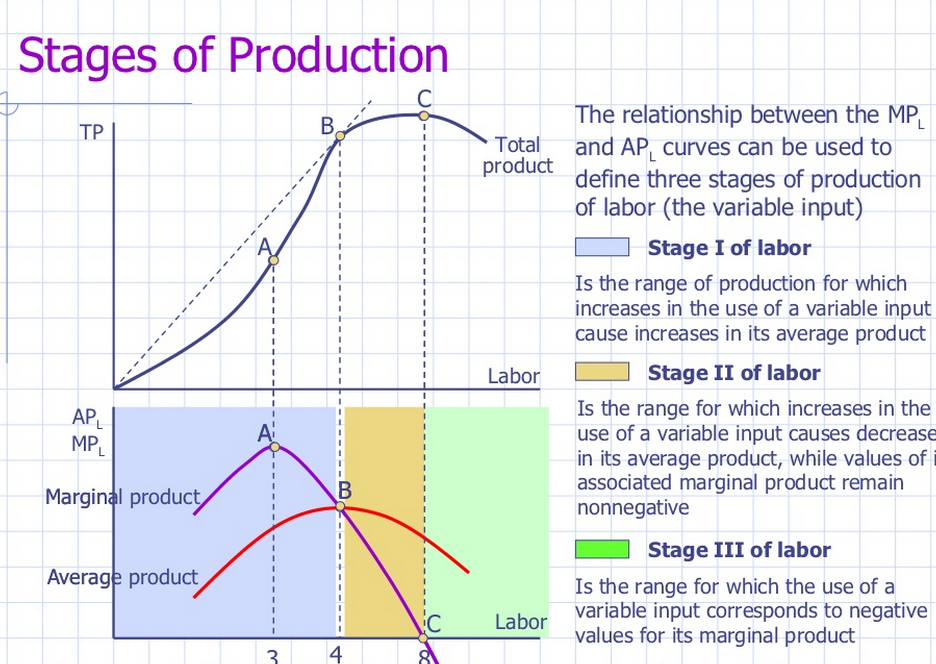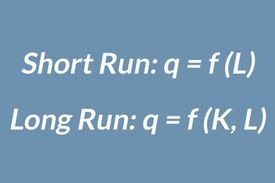Micro-economics2
Résumé de section
-
-

This space is for students to exchange information
-

This Microeconomics (02) course is designed for first-year students in the Faculty of Economics, Commerce, and Management Sciences, specifically those in the common core of section four. It aims to achieve educational goals through content that we will review later. The course is prepared in accordance with the ministerial program.
The course is divided into seven sections, each containing simplified lessons for easy comprehension by students. It includes both solved and unsolved exercises to encourage students to apply their efforts in solving them.
-
University
University of Djilali Bounaama Khemis Milian
Domain
Economic Sciences, Commercial and Management Sciences
Branch
Common Core
level
First Year Bachelor’s Degree
Semester
Second
Education Unit
Fundamental
Subject Name
Microeconomics2
Academic year
2024/2025
Balances Number
04
Coefficient
02
Lecture (hours per week)
1.5 H
Tutorials (hours per week)
1.5 H
Weekly volume
03 H
Course Supervisor :
Hannachi hayet
Name & Surname
MCA
Rank
Email
Thursday
08:30-10:00
Amphi 02
Course Time and place
Time
Class room
Group
Wednesday
11:30-13:00
09
G4
-

After studying this course, the student acquires skills that enable them to:
- Master basic economic concepts, as well as the theoretical framework of consumer and producer behavior, and be able to use quantitative tools to measure and analyze rational consumer and producer behavior scientifically.
- Develop the ability to make informed decisions through the economic logic of each economic problem that falls within the framework of consumer and producer behavior.
- Understand individual consumption and production behaviors and relate them to both actual and theoretical behaviors.
- Cultivate a scientific economic culture and develop the rationality of their economic behavior, based on how to optimally achieve individual goals.
- Understand the methods and tools that assist in measuring the rationality of the decisions made by producers to achieve their goals, and to examine the mechanisms of equilibrium occurrence in various markets.
-
The chapters of this course have been distributed according to the official decision of the Ministry of Higher Education and Scientific Research into the following seven axes:
First Axis: Analysis of producer behavior (production)
Second Axis: Analysis of producer behaviour (costs and revenues)
Third: Analysis of producer behavior in a perfectly competitive market
Fourth Axis: Analysis of producer behavior in a monopolistic market
Fifth Axis: Analysis of producer behavior in a monopolistically competitive market
Sixth Axis: Analysis of producer behavior in a duopoly market
Seventh Axis: Analysis of producer behavior in an oligopolistic market
Each axis contains a series of simple and brief lessons supported by many examples and exercises presented with typical solutions, in order to alleviate the difficulties facing students in achieving a better understanding of this course, which is summarized in the following map:
-

-

This space is for students to exchange information
-

-

This space is for students to exchange information
-
-
-

This space is for students to exchange information
-
-

¨ Armand Colin(2018), la microéconomie en pratique, DUNOD,France.
¨ BIEN Franck et MERITET Sophie, (2019), Microéconomie: Comportements des agents et
¨ concurrence parfaite, Pearson,France.
¨ Christopher T.S. Ragan(2019) , Ragan Microeconomics, Pearson, Canada.
¨ Hal R. Varian(2006), Introduction à la microéconomie, traduction de la 7e édition américaine par
¨ Bernard THIRY, 6e édition, De Boeck, Bruxelles, Belgique.
¨ Martin Kolmar ; Magnus Hoffmann(2018), Workbook for Principles of Microeconomics.
¨ Michael PARKIN,Robin BADE, Patrick GONZALES(2010),Introduction à la microéconomie
¨ moderne, Edition du renouveau Pédagogique Inc, 4ème édition.
¨ R Frank and E Cartwright(2016), Microeconomics and Behaviour (2nd ed), McGraw-Hill, Springer
¨ Texts in Business and Economics, ISBN 978-3-319-62661-1.
¨ VARIAN Hal, (2015), Introduction à la Microéconomie, De Boeck, 8e edition, France.



